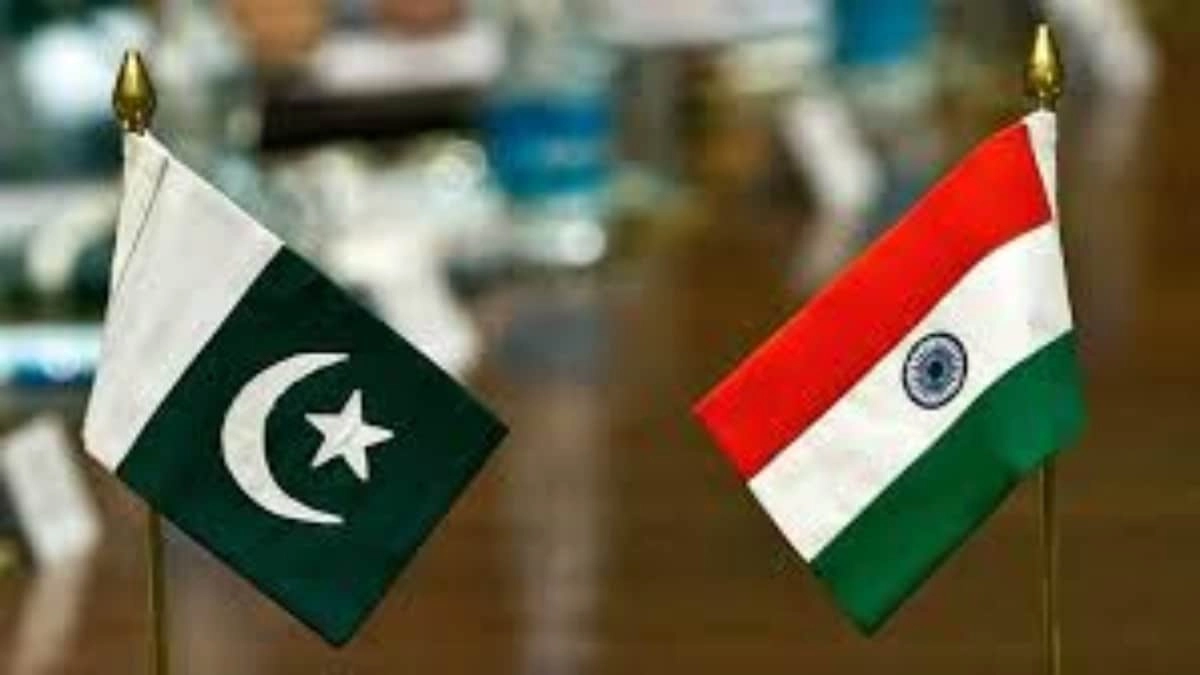India has expressed strong opposition to the International Monetary Fund’s (IMF) decision to consider lending fresh loans to Pakistan. This stance reflects ongoing tensions between the two neighboring countries, which have a history of complex political and economic relations. India’s opposition is not merely a reflection of bilateral disagreements; it is also rooted in concerns regarding the potential misuse of such financial assistance. Indian officials have articulated that loans provided to Pakistan could potentially be diverted from intended economic reforms and instead be utilized for purposes that could destabilize the region further, particularly in terms of security and military expenditures.
During a recent vote on the IMF’s proposal, India chose to abstain rather than outright reject the motion. This abstention is significant as it indicates India’s strategic approach towards international financial mechanisms and its desire to maintain a level of diplomatic decorum while still voicing its disapproval. By abstaining, India avoids direct confrontation while still making its position clear. This nuanced strategy allows India to engage with the global community without alienating itself from potential future diplomatic negotiations with Pakistan or other nations involved in the IMF’s decision-making processes.
India’s concern over the IMF’s financial support to Pakistan also highlights the broader implications of international financial aid. Critics argue that such assistance should be contingent upon a country’s adherence to certain governance and accountability standards. In Pakistan’s case, India fears that the lack of stringent conditions attached to the loans might enable the continuation of existing economic mismanagement and corruption. Additionally, India is wary of the fact that any financial aid received by Pakistan could bolster its military capabilities or divert attention away from pressing economic reforms needed to stabilize the country.
In the context of a rapidly evolving geopolitical landscape, India’s stance on the IMF loans to Pakistan underscores the delicate balance of power in South Asia. The implications of this decision are far-reaching—not just for India and Pakistan, but for the broader international community that seeks stability in the region. As discussions around financial aid and economic cooperation continue, it remains critical for global financial institutions like the IMF to consider the political ramifications of their funding decisions and ensure that such assistance promotes peace and development rather than exacerbating existing tensions.




